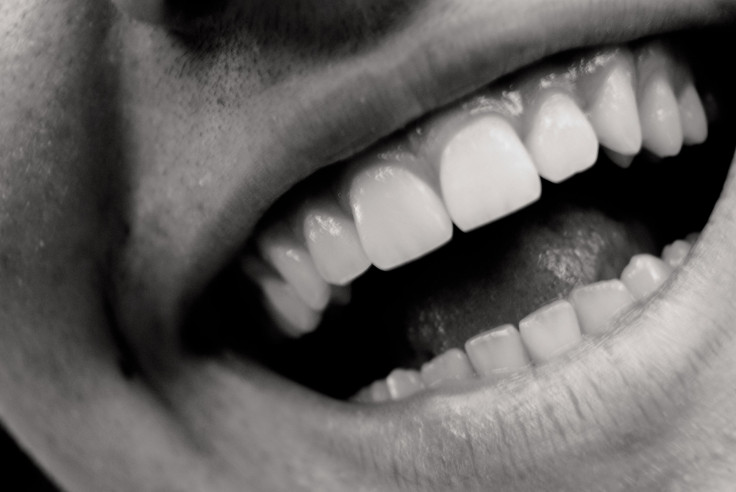Humans Value Genuine Smiles More Than Polite Smiles: ‘Not All Smiles Are Created Equal’

Researchers at Bangor University, UK, found that receiving a genuine smile was more rewarding than a fake and forced smile. Different responses to different smiles suggest that genuine smiles are valued as a coveted social reward.
The smile reactions were gauged based on the time it took for a person to react to a stranger's smile. In other words, when a stranger smiled at someone and smile reaction time was faster than 200 milliseconds, it was considered anticipatory and thus a genuine smile. This faster-response smile is purely reactive and provides the recipient with a sense of reward. If someone is merely reciprocating a smile to be polite, the reaction time should be longer than 200 milliseconds, which is the minimum time required to process and respond to a stimulus with a voluntary movement, such as a smile.
The observational data was supported by data from electrical sensors that were placed on the participants' faces during the lab-based study. The sensors revealed that the muscles involved in smiling became engaged when the participants expected a genuine smile in response to their own; however, no smile muscles were stimulated when participants just expected a polite smile. Polite smiles typically occurred when sociocultural norms indicated to the individual when smiling was appropriate, as opposed to natural, genuine smiles that reacted regardless of social cues.
"As we progress in our understanding of how social interactions unfold, these findings may help to guide the development of interventions for people who find social interactions difficult, such as those with social anxiety, autism, or schizophrenia," explained psychological scientist and lead researcher, Erin Heerey, of Bangor University, UK.
Smile studies have been around for a while now. Previous research revealed genuine smiles promoted positive social interactions and were likely a critical skill to have in social settings. Besides the intrinsic value placed upon a real smile, people reported feeling good after smiling. In 1989, psychologist Robert Zajonc published one of the more prominent and telling studies on the emotional effects of a smile. Zajonc's subjects were instructed to repeat certain vowel sounds. He asked how they felt after they repeated a long "e" sound and after a long "u" sound. The "e" forced their mouths to engage the same muscles that a smile would engage, to which they reported feeling good afterwards. In addition, participants reported feeling bad after the long "u" sound, which forced their mouths in a pout.
In other studies, subjects were asked to report their emotional state before and after smiling, with and without a mirror. Those that smiled while looking into a mirror at themselves reported the greatest personal satisfaction and happiness, and the least happy were those who did not smile and were without a mirror.
So is it possible that we are biologically wired to enjoy smiling? And do we naturally find reward value in receiving real smiles?
All of this pleasure, related to our social cues, self-perception, and environmental responses, could help increase our understanding of the social anomalies that plague those with anxiety, autism, or schizophrenia.
A more recent study conducted by the University of Bristol in England found that when those with a tendency toward violence or aggression saw someone else smiling, they experienced a visceral effect, reducing their impulse to react negatively.
"These findings give us the first clear suggestion that the basic processes that guide responses to reward also play a role in guiding social behavior on a moment-to-moment basis during interactions," Heerey said.



























